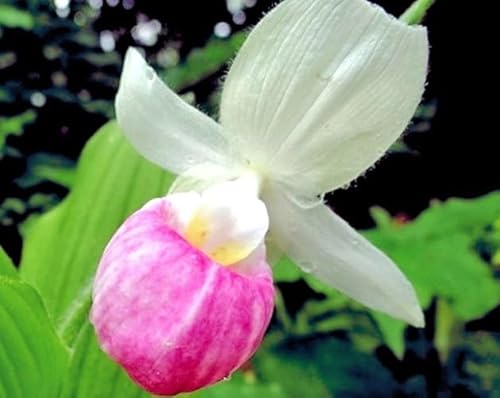ChrisFL
General Disarray
Just a neat little home anecdotal experiment. I have an instrument grade pH probe (don't ask). Our tap water here in Austin has a pH of 9.30 with a very low buffering capacity (much like RO/DI, which has a low buffering capacity but is usually slightly acidic from dissolution of CO2.
In a very unscientific manner, I took a pint glass full of our tap water, added pH probe and a then a handful of fresh, premium NZ sphagnum... and watched the pH change INSTANTANEOUSLY from 9.34 to 6.32.
Just a fun factoid. My guess is these are all organic acids.
In a very unscientific manner, I took a pint glass full of our tap water, added pH probe and a then a handful of fresh, premium NZ sphagnum... and watched the pH change INSTANTANEOUSLY from 9.34 to 6.32.
Just a fun factoid. My guess is these are all organic acids.









































